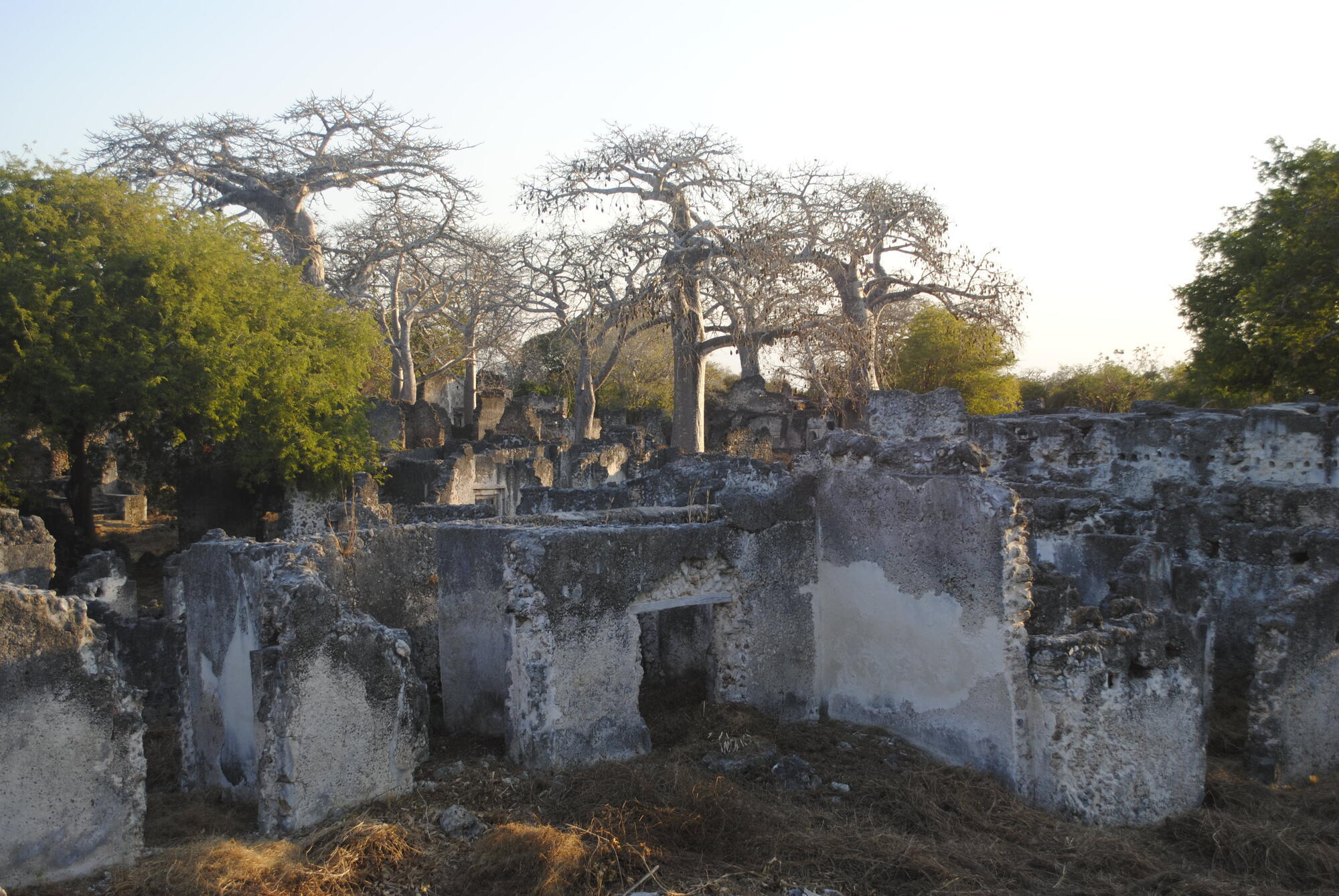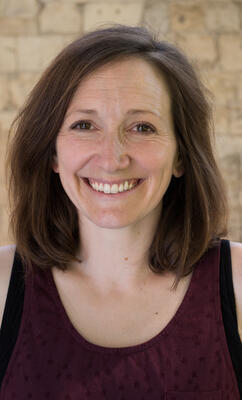Date:
Location:

Precolonial urban forms in Africa can be difficult to define. Archaeologists bear witness to a range of settlement that differs in scale and material form from that found elsewhere in the world. Ethnographies of contemporary Africa stress social definitions of urbanism and the importance of leadership and authority. While these have informed precolonial archaeologies, there are challenges in applying cultural models to the deeper past; it remains unclear how aspects of authority and social capital might be represented by the material record.
In this paper I argue for the archaeology of urban lives through detailed contextual archaeology, as a means of constructing more valid understandings of past urban forms. I present the results of excavations at Songo Mnara, a 14th – 16th century town on the southern Swahili coast, as a case study in the exploration of practice and meaning in an urban setting. At Songo Mnara it has been possible to reconstruct daily life in detail, exploring themes of trade and exchange, Islamic practice, cuisine, objects and value, and the economic roles of men and women. Together these allow for a reconsideration of urban lives in the region, as well as a model for approaching urban forms in the African past.

African urbanism from the ground up: Exploring urban lives on the Swahili coast, a talk by, Stephanie Wynne-Jones (University of York)
Date:
Thursday, April 22, 2021, 12:00pm to 1:30pm
Location:
Virtual Zoom Event
 Precolonial urban forms in Africa can be difficult to define. Archaeologists bear witness to a range of settlement that differs in scale and material form from that found elsewhere in the world. Ethnographies of contemporary Africa stress social definitions of urbanism and the importance of leadership and authority. While these have informed precolonial archaeologies, there are challenges in applying cultural models to the deeper past; it remains unclear how aspects of authority and social capital might be represented by the material record.
Precolonial urban forms in Africa can be difficult to define. Archaeologists bear witness to a range of settlement that differs in scale and material form from that found elsewhere in the world. Ethnographies of contemporary Africa stress social definitions of urbanism and the importance of leadership and authority. While these have informed precolonial archaeologies, there are challenges in applying cultural models to the deeper past; it remains unclear how aspects of authority and social capital might be represented by the material record.
In this paper I argue for the archaeology of urban lives through detailed contextual archaeology, as a means of constructing more valid understandings of past urban forms. I present the results of excavations at Songo Mnara, a 14th – 16th century town on the southern Swahili coast, as a case study in the exploration of practice and meaning in an urban setting. At Songo Mnara it has been possible to reconstruct daily life in detail, exploring themes of trade and exchange, Islamic practice, cuisine, objects and value, and the economic roles of men and women. Together these allow for a reconsideration of urban lives in the region, as well as a model for approaching urban forms in the African past.

Stephanie Wynne-Jones is a Senior Lecturer and Deputy Head of the Department of Archaeology, University of York. She has worked on the archaeology of eastern Africa for 20 years, directing excavations in Kenya, Tanzania and Mozambique and serving for several years as the Deputy Director of the British Institute in Eastern Africa. Her research touches on themes of urbanism and materiality. She has a particular interest in exploring human-scale stories, and in pioneering methodologies to enable discussion of lived experience and practice. Stephanie has worked particularly on the Islamic, trading sites of the east African coast. Her most recent book, The Swahili World (co-edited with Adria LaViolette), is the most up-to-date and comprehensive overview of the archaeology, history, and anthropology of this region.
To Register, Click Here.